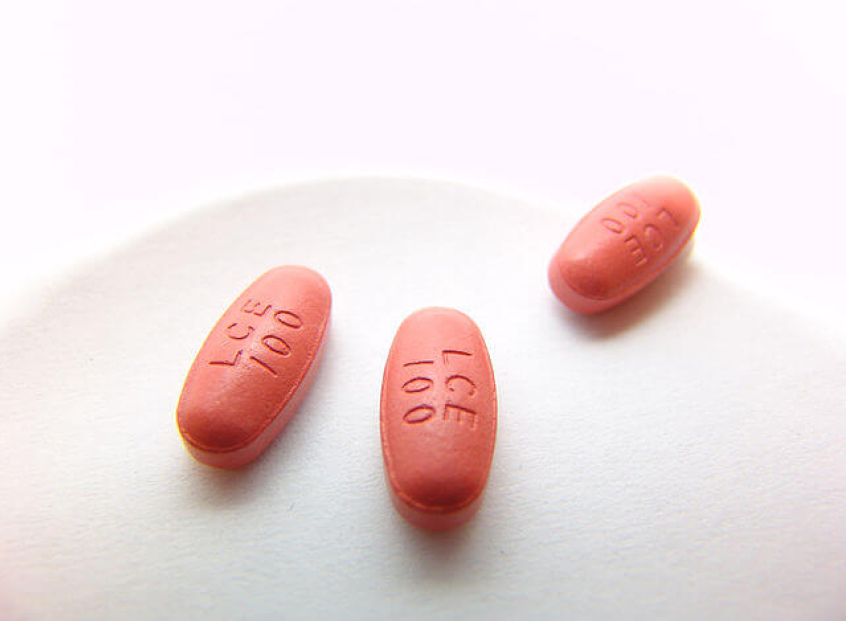A new study finds that drugs used in the treatment of depression and Parkinson's disease can affect a person's moral judgment when taken.
The drugs may not turn healthy people into criminals, but taking them can produce effects that changes lives, according to Oxford University psychologist and lead researcher Molly Crockett in a report from The Guardian.

The findings, which appeared in the journal Cellular Biology, show how drugs can noticeably affect behavior and challenged the idea that human moral values are stable.
For the study, researchers compared the participants' willingness to cause themselves or other people pain when being paid. Of the 175 participants, 89 of them took citalopram or a placebo while 86 took levodopa or a placebo treatment.
The participants were anonymously paired up and were randomly assigned to make and receive the decision. They were then exposed to electric shock levels they can tolerate. The decision-makers had to choose an amount of money which will be given to them in exchange for different amount of electric shocks, either given to themselves or the receivers.
The study found that on the average, people in the placebo group were willing to pay around 35 pounds per shock to avoid harm done to themselves and 44 pounds to avoid inflicting harm on others.
On the other hand, the citalopram group appeared to be more opposed to harm, paying 60 pounds on the average to avoid harm on themselves and 73 pounds to save others from harm.
However, the levodopa group was not willing to pay more to prevent shocks inflicted on others. Moreover, they didn't show reluctance when it comes to causing harm to others compared with the placebo group, which led Crockett to conclude that the drug can make people "more selfish."
The researchers recommend that future studies focus on assessing a person's decision-making skills when given a prescription drug, and at the same time, asking if the person's symptoms and mood have improved.













